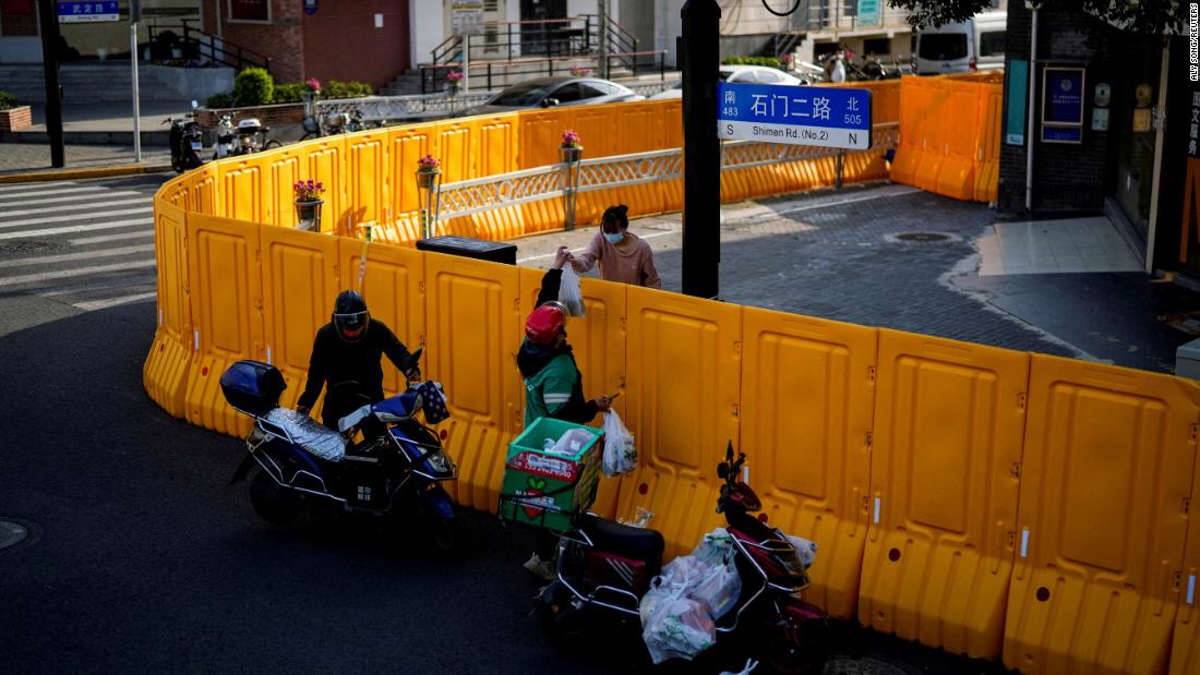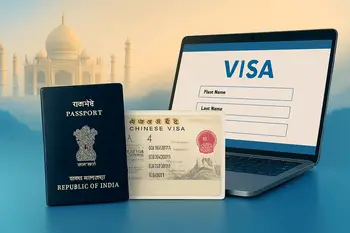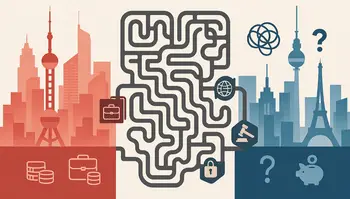
A full Shanghai lockdown will be imposed on Pudong and Puxi in turn for a new round of citywide nucleic acid testing from Monday morning, the city government announced on Sunday night.

From 5am on Monday, a lockdown will first be imposed on Pudong, Punan and adjacent areas (including the Pudong New Area, Fengxian, Jinshan and Chongming districts as well as Pujin Subdistrict and Pujiang Town in Minhang District and Xinbang, Shihudang, Maogang and Yexie towns in suburban Songjiang District) to carry out nucleic acid testing. The lockdown here will be terminated at 5:00 a.m. on April 1.
In Puxi, quarantine actions for sub-districts and key towns will continue. Additional areas of Puxi will be placed in confinement from 3:00 a.m. on April 1 to 3:00 a.m. on April 5 for polymerase chain reaction (PCR) testing.
“The measure aims to curb the spread of COVID-19, protect people’s life safety and health as well as achieve the dynamic zero-COVID-19 target at the social level as soon as possible,” the city’s coronavirus prevention work leaders’ office announced.
The new “block and grid” COVID-19 testing series is decided after assessing the status of previous rounds of COVID-19 testing and expert analysis, the office said.
Over the course of solitary confinement, all residential communities will be closed. All residents should stay in their homes. Persons and vehicles will not be allowed into the neighbourhoods, but will not be allowed out.
Food and courier delivery services will continue to provide contactless delivery services to meet the essential needs of life. Delivery personnel will not be authorized to enter the communities.
During the lockdown, workers of government bodies and public institutions are asked to work from home, apart from those who must take part in anti-COVID-19 tasks or ensure the basic operation of the city.
They are also required to report to their neighbourhood and village committees to become community volunteers to take part in the anti-COVID-19 work.
Medical staff, anti-COVID-19 staff, police officers and deliverymen can leave their communities with work certificates or company certificates.
All local businesses in lockdown areas must operate behind closed doors or allow staff to work from home. However, utilities such as water, electricity, fuel, gas, communications, transportation, meat and vegetables will continue to function.
Public transport, including buses, subways, ferries, taxis and online calling cars, will also be completely suspended during the lockdown. Only special vehicles, such as those intended to prevent pandemics or ambulances, will be allowed on local roads in locked areas.
Adequate supplies of food and basic necessities must be assured as well as stable prices during lockdown, the office observed. Green channels will be open to people with medical needs, particularly pregnant women or those in need of hemodialysis, radiotherapy or chemotherapy.
Residents are asked to follow the orders of their subdivisions, cities or companies to receive PCR tests over staged periods. Those who fail to take the test will see their health code turn yellow, preventing them from getting into many sites and depriving them of many local services. Those who reject or interfere with anti-COVID-19 measures will be legally liable.
COVID-19 prevention measures will be adjusted based on developments in the pandemic situation, the Bureau said.


